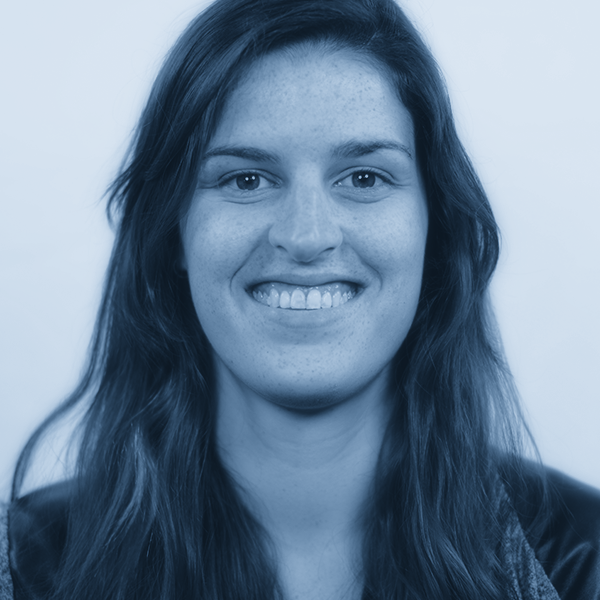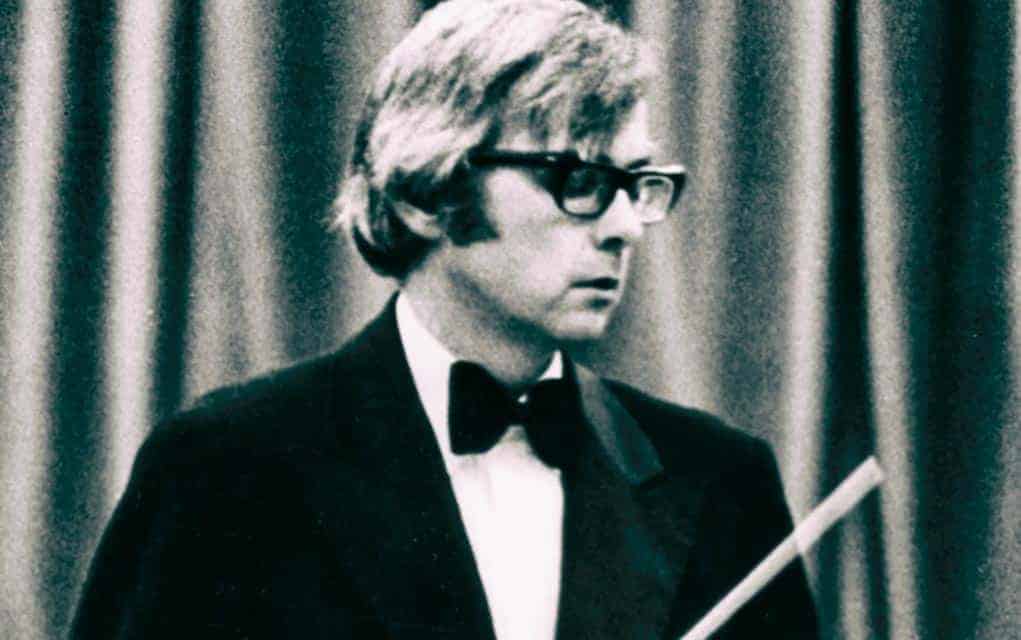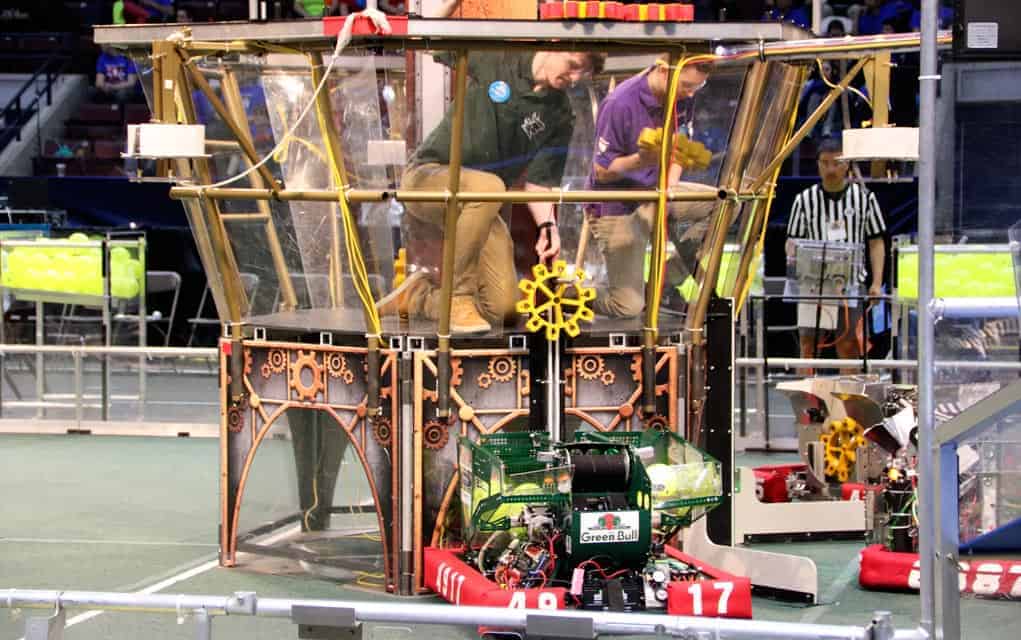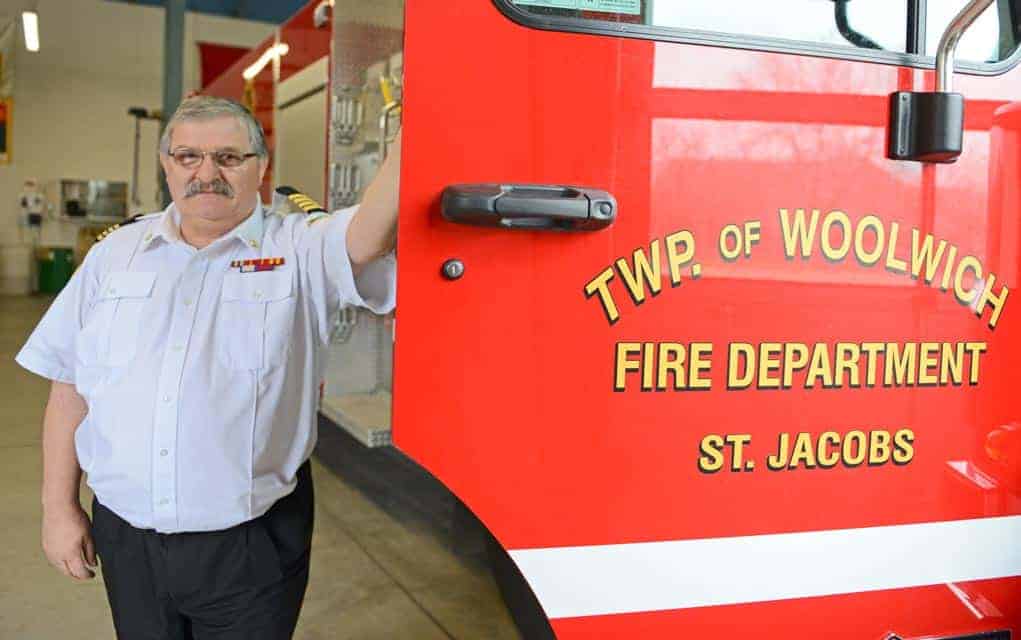Abner Martin can still remember the moment he wanted to pursue a career in music.
The founder of the popular Menno Singers and the Mennonite Mass Choir, conductor and music professor, Martin is being inducted into the Waterloo Region Hall of Fame on Apr. 30.
The Hall of Fame is not honouring him just for his contribution to music in the region, however. One of Martin’s other passions is cattle and the science behind breeding cattle. He and his family have bred award-winning cattle for decades.
When he first found out he was being inducted into the hall of fame, Martin was surprised.
“I did not know that anybody was working on my behalf so I was totally taken aback, to tell you the truth. My first reaction was ‘why?’” he said. “That was a long time in the past, and I suppose that is one of the main reasons it was such a surprise. I have been retired now from both music and agriculture for at least 20 years now.”
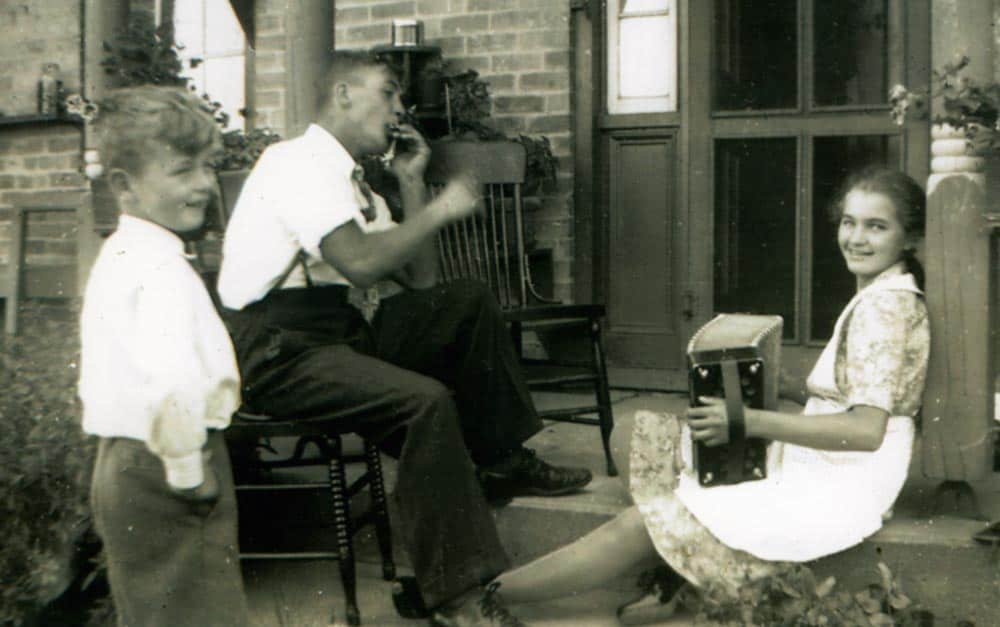
Martin was born in Waterloo Region in 1934, growing up on Rock Elm Dairy Farm on the border of Waterloo and Woolwich Township. He is best known for his contribution to choral music in the region with the Menno Singers – a renowned choir that still tours the country more than 60 years later.
He started the group after he graduated from high school in 1955.
“Well, the choral music in Kitchener-Waterloo was very different 60 years ago than it was now. There really was an opportunity there for that kind of an activity, so I took advantage of it,” he said.
Martin remembers when he decided to be a conductor full time.
“A seminal moment in my musical life happened when I was still in elementary school. We were taken to a concert by the Toronto Symphony Orchestra. They actually visited the area and it was at the old Queen Street Auditorium. This would have been, I think, in 1947,” he shared. “From that moment on, I wanted to be a conductor, whether I had the ability or not. They had a fairly demonstrative conductor and I was mesmerized, not only by his conducting, but by the playing of the musicians as well.”
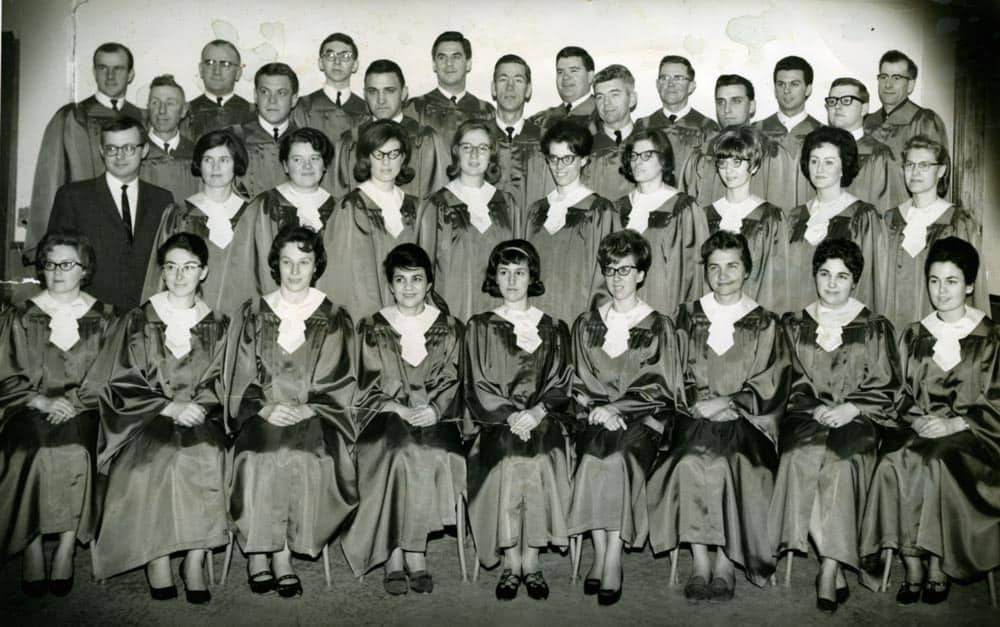
His last concert with the Menno Singers was in 1979, and it was then he decided to try a completely different career. He went back to his agricultural roots, working with cattle.
“Even though I had taken a long route away from agriculture, I was still fascinated by particularly genetics and cattle breeding and so on. I figured, half way through life, if I don’t get into it now, then I probably never will, so I took the plunge,” he said. “That was another one of my obsessions since childhood. I was fascinated by genetics and pedigrees, at a very early age. I am not sure what it was, or what was behind that, but I remember my dad telling a visitor sometime that I knew more about the background of every cow in the herd than he did. You know the expression, you can take the boy out of the farm, but you can’t take the farm out of the boy.”
Martin and his family managed to bring home many awards for their work in cattle breeding, and have been recognized internationally for their high quality animals.
“We had bred an animal that was junior champion at the Royal Winter Fair and we bred some show winners in other places as well, like in Ohio, Prince Edward Island, New Brunswick, Manitoba and other places around the world. A lot of our cattle went all over the world, actually,” he explained.
Martin joins inductees Harry Greenan, Helen Koepke and Margaret Dickson, Margot Page, Lloyd Schmidt, Donald Allan Snyder, Kelly VanderBeek and the Waterloo 4-H Association in the class of 2017 at the Waterloo Region Hall of Fame, located at the Waterloo Region Museum. The ceremony takes place on Apr. 30 at 2 p.m.
For more information about Martin and the other eight inductees, visit www.waterlooregionmuseum.com.

